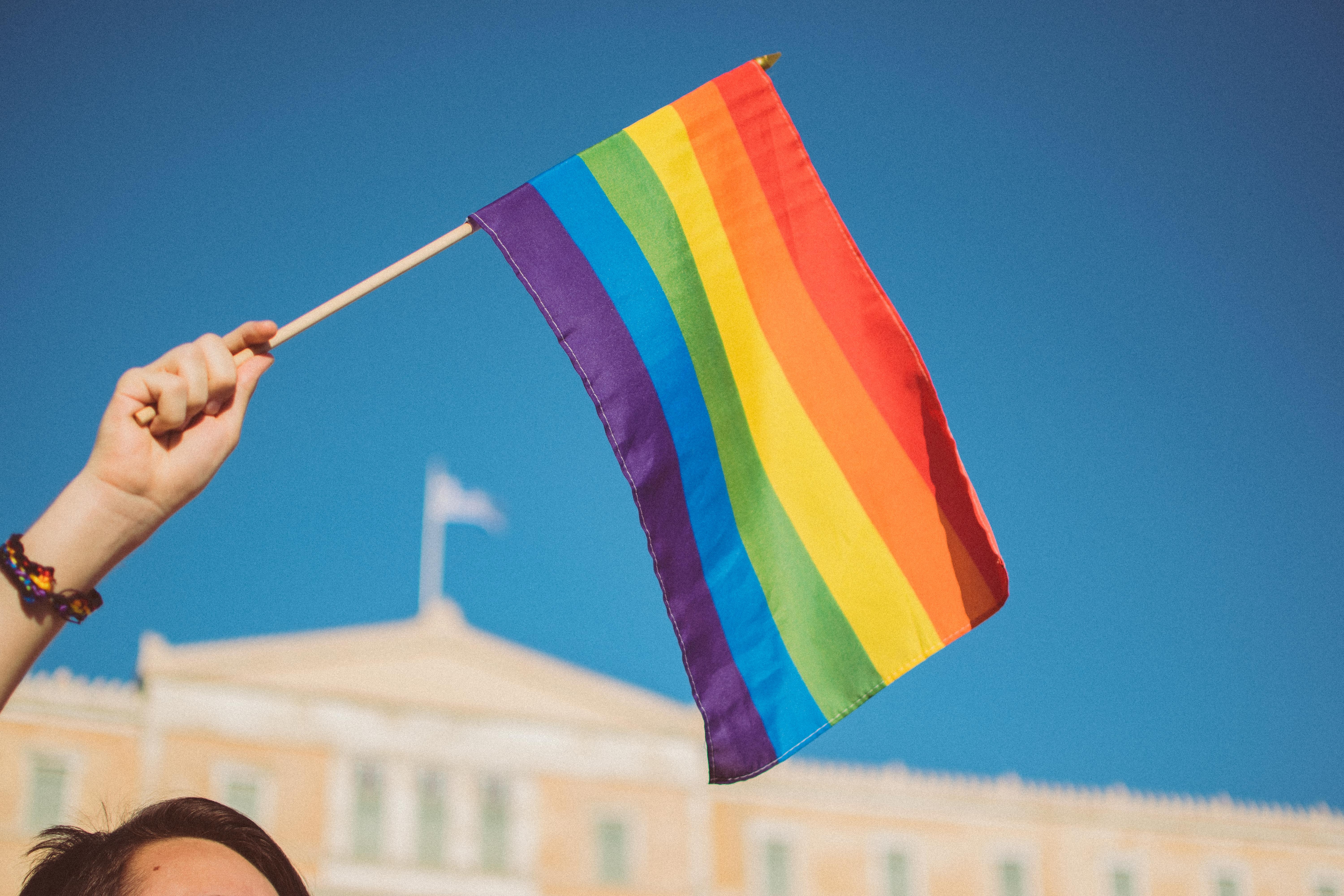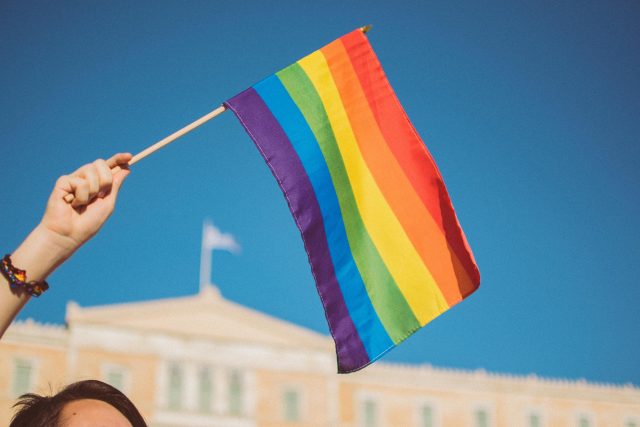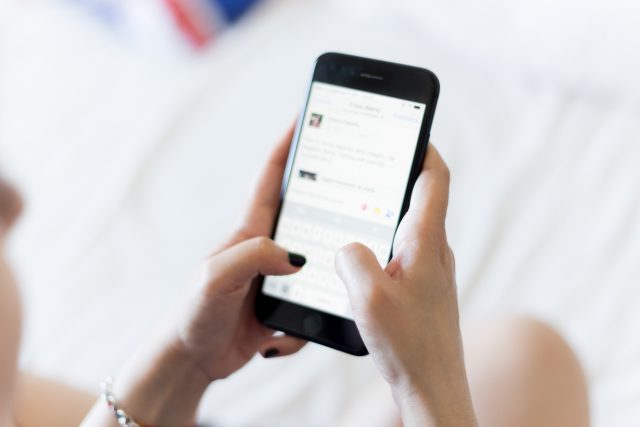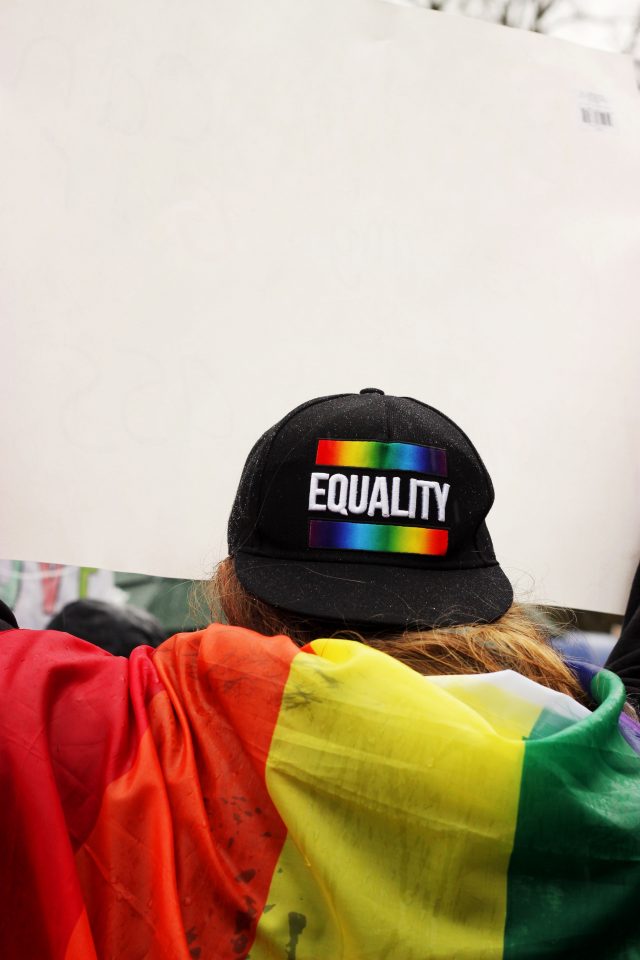How has technology influenced the rise of LGBT tourism?


What is LGBT tourism all about?
LGBT tourism is the process of tourism product and service development and marketing that caters the needs of lesbian, gay, bisexual or transgender people. This specific segment of tourism provides opportunities to select destinations, accommodations, transport, events and so on, which are LGBTQ+ friendly. These create options for LGBT tourists to travel while feeling welcomed and respected. As the modern world moves towards a more inclusive and open-minded attitude, this area of tourism keeps growing with potential and is one of the fastest-growing tourism segments. For more information see https://www.iglta.org.
Technology and its impact on LGBT tourism
Technology has had a significant effect on awareness and attitudes towards LGBTQ+ people and issues relating to them. UNWTO: Global Report on LGBT Tourism (2012) shows that countries with progressive policies towards LGBT individuals gain more economic benefits from tourism. It also shows that there are improved social benefits resulted from LGBT friendly brand image. This image is formed by inclusiveness, tolerance and diversity.

Using Information and Communication Technologies (ICTs) enables tourism businesses to gain competitive advantages in promotion and marketing, in addition to reinforcing the operations and strategies in the industry. Development of ICTs has enabled tourists in the LGBT segment to actively participate in the creation and sharing of their tourist experiences. This is done by activating conversations in social media with friends, family and others. Development of ICTs has created an opportunity for people to connect despite geographical and physical boundaries. This has decreased the effect of isolation commonly associated with the LGBTQ+ community.
Social media has had an essential role in strengthening the formerly silenced and sidelined voices. Various online, brand and marketing campaigns such as “It gets better” and Spotify: Pride stories, have carried out hope for a better future for the representatives of LGBTQ+ community. However, while the positive awareness and acceptance get better, the negative backlash is fueled. Specially targeted hate campaigns towards the LGBTQ+ community showcase the popularity of homophobic and transphobic convictions people still hold.
LGBT tourist behaviour
As a tourist segment, LGBT tourists have fairly high spending power and more opportunities to travel off-season. Tourists in the LGBT segment utilise all available ways of communication, with a high focus on channels and online platforms developed for this community in particular. These channels and platforms include such as online forums, specified websites, apps and various social networks.
As tourists, LGBT people like any other tourists connect to and use technology, digital and online tools before, during and after travel. Before travel, they utilise the internet to search for LGBT friendly places to visit and while travelling engages with the rest of the community through posts and pictures in social media. After travel, they evaluate the services and use e-WOM to share their experiences. Some applications are specifically catering for this tourism segment, like Misterbnb. This is similar to Airbnb but the accommodation hosts are LGBTQ+ friendly. Another great mobile app is Wimbify. It combines Couchsurfing and Airbnb with a way of meeting other people in this community.
What are the ways to grow as a destination for LGBT tourism?
The question arises; how the tourism industry can gain an advantage of the positive impacts of technology to grow LGBT tourism and is there a way to minimize the negative impacts? Destinations should jump on the bandwagon of creating awareness on inclusiveness and tolerance towards this community. If not existing already, they should develop tourism products and services that are authentically LGBT friendly. Additionally, creating specified marketing campaigns plays a huge role in attracting these tourists and getting the destination on the map as an LGBT friendly tourism destination. This can be achieved through smaller actions as well. It is as simple as using a small rainbow on websites or advertisements. Website design should include inclusive visuals to welcome this segment of tourists. Destinations can add a section for options focusing on LGBT tourists, such as LGBT events calendar in the destination.

It all comes to education and understanding, ensuring that all staff members understand, respect and value all customers equally. Taking the time to research how other LGBT friendly destinations are performing and learning from them is worthwhile. Because there is various online platforms and channels specifically for the LGBT community, tourism product providers should utilise them to engage with tourists. Additionally, they can be used to co-create tourist experiences by involving LGBT customers in every step. Including aspects for LGBT tourists in the company strategy and values, regardless of which tourism segment the business caters creates the potential to emerge in this tourism market.
Overall, the key is to utilize the endless opportunities technology and digitalization has provided in more open-minded, inclusive and tolerant fashion.
References:
- British LGBT Awards (2019). Winners 2019 – British LGBT Awards. [online] Britishlgbtawards.com. Available at: https://www.britishlgbtawards.com/winners-2019/ [Accessed 25 Oct. 2019].
- Last, M. (2019). How technology has changed the LGBT+ experience. [Blog] Available at: https://technation.io/news/how_technology_has_changed_lgbt/ [Accessed 25 Oct. 2019].
- Liberato, P., Liberato, D., Abreu, A., Alén, E. and Rocha, Á. (2018). LGBT Tourism: The Competitiveness of the Tourism Destinations Based on Digital Technology. Advances in Intelligent Systems and Computing, pp.264-276.
- UNWTO (2012).Global Report on LGBT Tourism. AM Reports: Volume three. [online] Madrid: UNWTO and IGLTA. Available at: https://www.e-unwto.org/doi/pdf/10.18111/9789284414581 [Accessed 25 Oct. 2019].
- IGLTA (2019).The International LGBTQ+ Travel Association > Home. [online] Iglta.org. Available at: https://www.iglta.org [Accessed 25 Oct. 2019].
- How has technology influenced the rise of LGBT tourism? - January 10, 2020